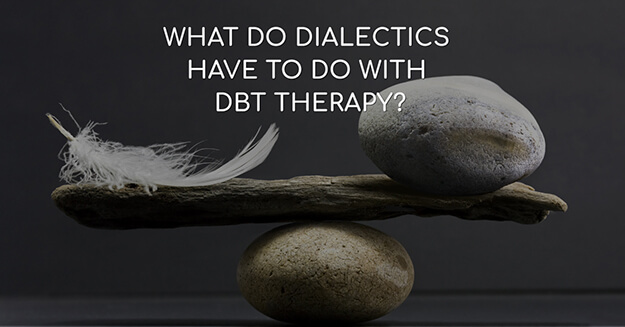The distress tolerance skill, TIP, is useful during intense emotional moments when we are at a breaking point and are at risk to engage in reckless …
Annoyed, impatient, frustrated? Try this.
Crisis Survival Skills do nothing to solve the problem that caused the emotional crisis. Don't be discouraged because that is not what these skills …
Continue Reading about Annoyed, impatient, frustrated? Try this. →
Tolerating Distressing Situations
Have you ever noticed that when you feel an emotion really strongly, your brain seems to turn off? This often happens when we are angry or …
“Good morning, I love you.”
What if you were to wake up in the morning and say to yourself, "Good morning. I love you."? How would this phrase affect you? Aside from it …
Walking the Middle Path to Wise Mind
Wise Mind is the balance between emotion mind and reasonable mind. This means balancing other dialectics (opposites) such as doing mind and being …
Continue Reading about Walking the Middle Path to Wise Mind →
Facial Expressions, Mindfulness, and Relating
Dr. Paul Ekman devoted his life to the study of facial expressions and emotions. He was a professor at the University of San Francisco from 1971 to …
Continue Reading about Facial Expressions, Mindfulness, and Relating →
What do dialectics have to do with DBT therapy?
Essentially, "dialectics" means opposites. In Dialectical Behavior Therapy (DBT) the concept of dialectics refers to two things that are seemingly …
Continue Reading about What do dialectics have to do with DBT therapy? →
Loving Kindness
Extending loving kindness toward ourselves, people we love, or people who hurt us is essentially having compassion for ourselves and others. It is …
Do What Works—To Achieve Your Desired Outcome
Mindfulness helps us to slow down and behave effectively, rather than impulsively. In most cases, unless there is a direct threat to our safety or …
Continue Reading about Do What Works—To Achieve Your Desired Outcome →
On Observing
In reviewing the components of mindfulness, we have the "What Skills" and the "How Skills". What Skills Observe Describe …









